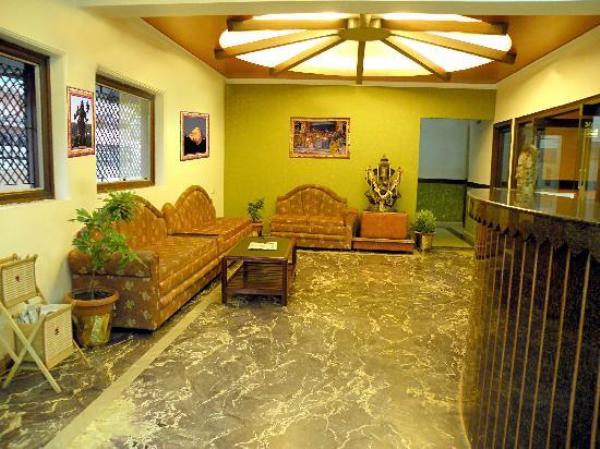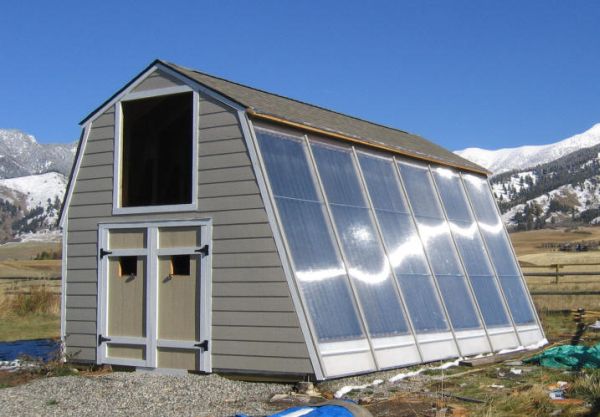
As we all know global warming, greenhouse emissions and pollution cause colossal problems that impact our climate, flora, fauna, people and landscapes. Our carbon footprint is indeed becoming larger and it is our duty to stop the damage we are causing. While traveling, we tend to remain oblivious to environmental concerns, but we must try to be sensitive to the environment whenever we can. Going green and switching to a more eco friendly lifestyle, that is more accommodating in nature, is most certainly the key to a healthier planet.
Use the restrooms in the airport over those in the plane
If you want to start off your journey in an eco friendly way then make sure you use the restroom at the airport before embarking on your flight. The main reason for this is that excess usage of the plane’s restroom results in more weight, and therefore, more fuel consumption releases greater quantities of CO2 in the atmosphere. Do your bit and abstain from using the restroom on your plane journey.
When staying in hotels, opt to not have you towels and bed sheets cleaned daily
Numerous hotels and resorts are made in a ‘green’ way and have conformed to various international green standards. Try to look for such an accommodation and you can do so by browsing through their energy efficiency standards, recycling practices, usage of alternative green energy and so on. Make sure you don’t dirty the towels and sheets during your stay so they could last more than a day and before laundering. Also make sure the hotel permits you to do this.
Use public transportation over a car. Take trains over planes, and walk or bike as often as possible.
When travelling, try to go the local way and use public transportation, like a bus, tram, train or you could even go walking. This is a good way of contributing in the reduction of CO2 emissions and you also get a chance to take a closer look at the place. Plane journeys increase the carbon footprint; therefore, try taking direct flights if you must. When in smaller towns, the more convenient means to explore the place would be either biking or walking – it saves on gas, money and has great health benefits too.
Eat more veggies, less meat.
You could help reduce carbon emissions if you opt for veggies instead of meat, as research says that vegetarians leave a smaller carbon footprint as compared to their non-vegetarian counterparts. Meat release a greater amount of methane and also greater quantities of transportation fuel goes for its procurement, processing, storing and transportation. Well, if giving up meat is entirely impossible for you, then restrict it to an occasional affair.
Dine organic and local.
One of the best ways to get a great travel experience is by trying local cuisines, native to places you are visiting. Not only will the taste of food made locally bring you closer to the local culture, but its freshness will be good for your digestion. This way, you will indirectly support the local agricultural economy and directly contribute in the reducing your carbon footprint.
Use public transportation over a car. Take trains over planes, and walk or bike as often as possible
Russian designer Yury Dovganuk has made sure that his designs are not left behind in this green race as he has tried to incorporate thin solar panels in Bluetooth headsets, which charge themselves whenever they’re worn outdoors. The designer doesn’t give any technical specifications on what the product might actually offer, but we’re sure it’ll offer a decent talk time and an alternate battery charging system as well.



